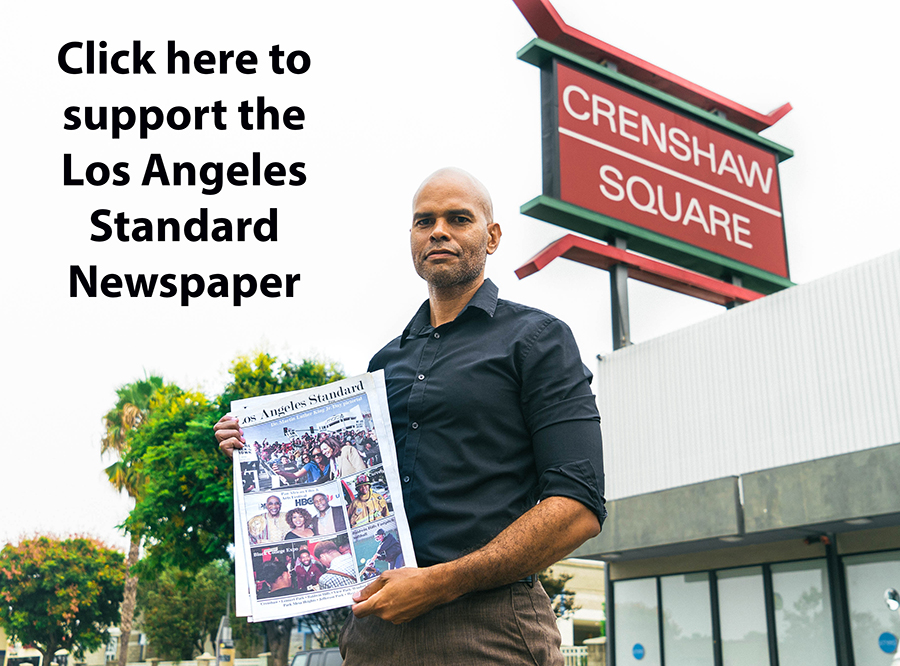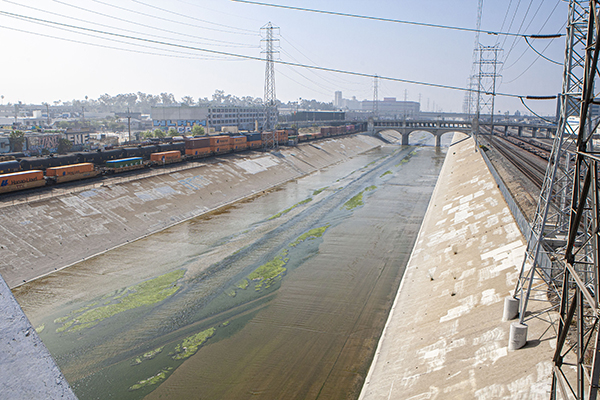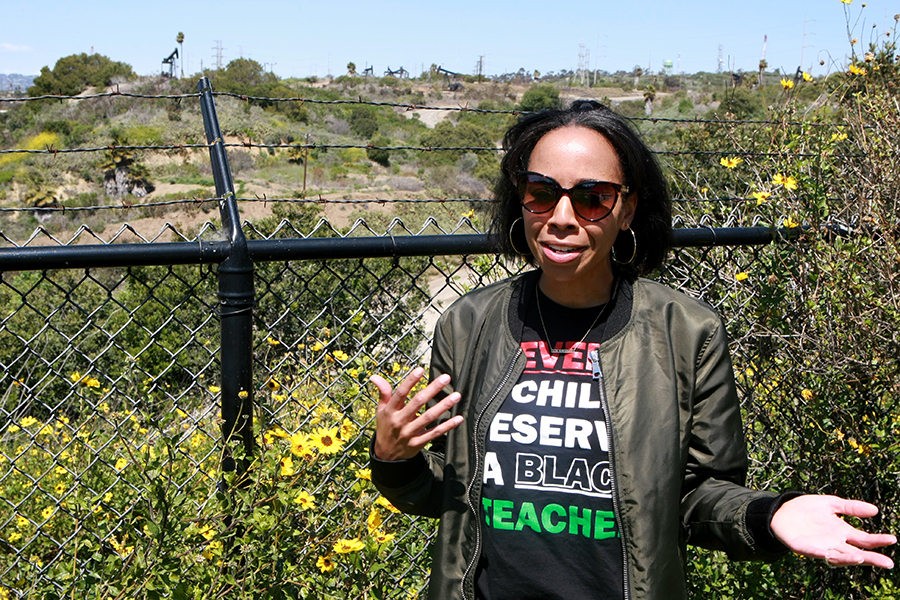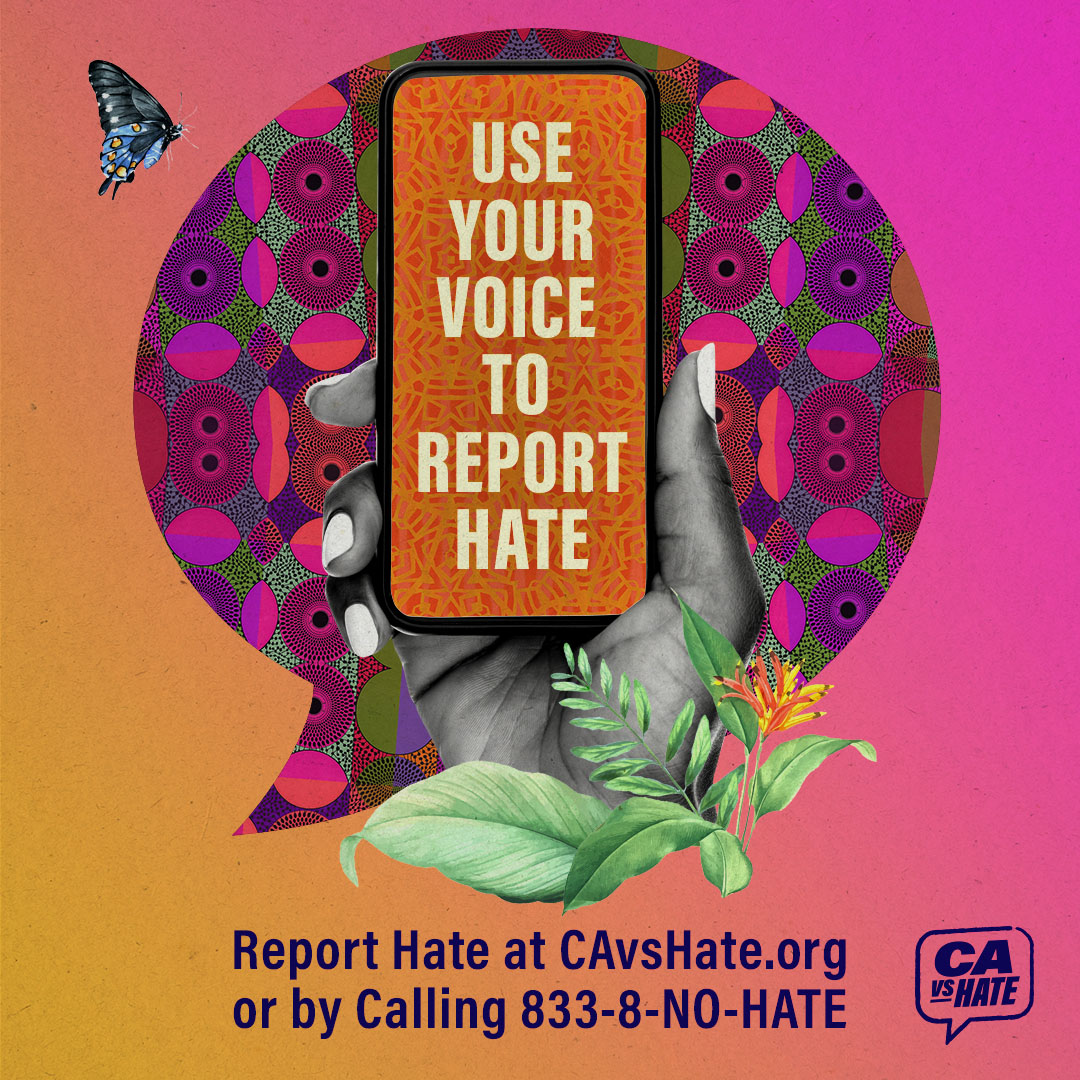The negative impact of climate change and global warming sound like a post-apocalyptic world science fiction movie, but according to climate justice educator Brittany Jefferson, life as we know it could drastically change.


This is Part 1 of a two-part series. Part 1 focuses on the impact of climate change and global warming. Part 2 will focus on these issues in terms of social justice, as Black communities and lower income areas typically have fewer resources to handle these issues. Click the link to read Part 2 https://lastandardnewspaper.com/index.php/health-1/1085-climate-change-global-warming-and-social-justice.html
By Jason Lewis
Climate change and global warming have been highly-debated issues over the last several decades. With most science-based subjects, many people may not have a strong grasp on how impactful certain issues are. Climate justice educator Brittany Jefferson is doing her part to explain these issues to the masses through her Instagram page @ClimateJusticeTeacherMom, and she teaches this subject to a 5th grade class at Citizens of the World Charter School Silver Lake.
“I educate people of all ages about climate related things,” she said. “Whether it’s students in my classroom or people in community.”
Jefferson, who is from Los Angeles and attended Westchester High School before going to Clark University in Massachusetts, explains what global warming and climate change are.
“Global warming refers to the overall warming trends of the earth’s climate due to the concentration of carbon dioxide in earth’s atmosphere,” she said. “Carbon dioxide is a natural byproduct, and it’s essential to life. We are carbon-based lifeforms. So carbon itself is not necessarily a bad thing. But where it is in the environment does make a difference. Burning of oil, coal, and other types of fossil fuels releases that carbon dioxide that usually is deep in the earth’s crust. It releases it into the atmosphere, and that carbon dioxide acts like a blanket. That’s where you get the term ‘greenhouse effect.’ Carbon dioxide is basically trapping in heat energy from the sun, and that is what’s causing earth’s overall climate to raise in such a short period of time. Normally the planet goes through natural periods of warming and cooling. But normally that transition takes thousands of years, and what we’re seeing with what we call climate change is a very quick and sharp increase of that carbon dioxide and that warming. Living things on the planet do not have enough time to evolve and adapt to the rapidly changing conditions.
“Climate change is really referred to as human practices that impact the balance of the earth’s natural climate system. When we say climate change, it is because our climate is changing due to this warming that’s occurring because of the concentration of carbon dioxide in the atmosphere. It has impacts on how our climate systems are able to regulate each other. It disrupts our water cycle. We also see more intense storms and droughts, and things like that as a result of these changes in our climate systems.”
Changes that negatively affect the earth’s climate could impact living beings on the planet.
“Ultimately there are quite a few things that impact our ability to live on this planet,” Jefferson said. “One thing is our planet’s ability to regulate temperature. There is a sweet spot in terms of temperature that allows our planet to sustain life on it. What we don’t want is for earth’s overall climate systems to increase more than two degrees Celsius. That’s a pretty small amount, and we are currently at like 1.2 degrees Celsius warmer than we were 250 years ago, which is a bit concerning. What happens with a hotter climate is that there is less liquid water, for example. Water evaporates at higher rates, which then impacts the amount of water that is available for watering crops. Think about the state of California. We are an agricultural hub for the nation. If we don’t have enough water to continue our agricultural practices, then that means that there will be food shortages across the nation.”
California has had issues with long-lasting droughts for many years. While there has been an intense rainy season this year, the recent downpours have not solved the issues.
“We just had a pretty rainy winter,” Jefferson said. “A lot of people who don’t really know much about our water system are like, ‘Oh, we gotta be out of the drought now, right? All of this rain we had. It rained for like 40 days and 40 nights straight down here. There’s no way that we’re still in a drought.’ So here’s the thing about that. Because climate change disrupts our water cycle, what happens is that water that is supposed to be precipitating down over time, and gathering collectively and melting collectively is what provides us with water over longer periods of time. But when you have shorter periods of time where you get an entire season of rainfall in maybe three or four storms, then that snowpack that provides us with water later on in our drier months, it melts much quicker and then we don’t have access to that water later on.”
The Los Angeles River being encased in concrete also contributes to the water shortage. Rivers replenish an area’s ground water. Natural occurring underground reservoirs provide trees and other plant life with water during drier periods of time.

“Because our river is encased in concrete, all of that rain water goes to the ocean,” Jefferson said. “That water is no longer drinkable. Los Angeles does not have the infrastructure to be able to retain that water that we do get during those rainy times, and we rely heavily on the Colorado River basin, which has not received the same amount of water and rain that we received this winter. So the Colorado River basin levels are still very low, and that river provides water for seven different states.”
Many people hear about a water shortage but may not understand that there is not an infinite supply of fresh water because when people simply turn on their faucets, water always comes out. When asked if people should have legitimate concerns of running out of usable water, Jefferson had a very direct and blunt answer.
“Yes.”
“That’s really hard to predict,” Jefferson continued. “I think that level of not knowing is also the part that’s a little scary. Because, ultimately we need water to survive. We need water to be able to grow food. We need water to maintain good hygiene and to keep things clean. That lack of water is probably going to impact the number of what’s called ‘climate refugees.’ There are going to be people who just pick up and leave the area to go find a place that has water. But moving to different areas you have other risks. Our big concern here is drought and wildfires. In other places there will be stronger tornadoes, stronger hurricanes, or more flooding as a result. I don’t think that there will be any places that will go untouched by severe climate changes. I just think that there will be a lot of disruption in the status quo. We’re not going to be able to live life the way that we currently do. That’s going to require a lot of adaptation, and it’s going to bring about a lot of social upheaval. A lack of resources creates intense competition, and intense competition ultimately cultivates violence.”
The consequences of climate change are not in the distant future, but could very well be within the next 10-30 years.
“The earth, globally, is on the verge of record breaking carbon dioxide emissions,” Jefferson said. “The spike in carbon emissions is due to the industrialization of our societies. We are on track to surpass two degrees Celsius of warming by 2030. We are on track to surpass maybe three degrees Celsius by maybe 2050. That level of warming can be catastrophic to the weather systems that we are used to. What we’re experiencing in terms of climate and the changes that we’re witnessing is due to carbon emissions back in the ‘70s. You don’t get immediate consequences for carbon emissions until decades later. We are tasked with decreasing our carbon emissions at a very rapid rate. Maybe by 50 percent within the next 10 years.”
While it does appear that science fiction movies that depict a post-apocalyptic world could happen if changes are not made, there are many things that governments and people can do.
“We have to move away from fossil fuels,” Jefferson said. “We have to move away from burning petroleum, coal, and natural gas for energy and we need to focus on more renewable sources, like solar, and wind. There are steps being taken in California and Los Angeles. The LA City Council recently unanimously approved to ban new oil wells and oil drilling. There’s also a plan to phase out unused oil fields. It’s also important for us to continue to provide incentives for people to get solar at the homes. What we know is that the technology that we need exists, but we need investment, and we need to scale up. We need to be electrifying our systems.
“If you have the means, and you’re in the market for a new car, having a more fuel efficient car is important. If you have the means to get a hybrid or an electric car, do that. If you have the means to get a heat pump, which is an electric heating system for your home instead of a gas powered heating system for your home, do that. Same thing with solar panels. If you don’t have the means for that, it’s important for us to look at systemic changes. Civic engagement is hugely important. We have to be paying attention to what our city council members are proposing, and what our state governments are proposing. California is a trailblazer in certain areas when it comes to renewable energy, when it comes to phasing out fossil fuels.”
To hear more of Jefferson’s points on these topics, follow her Instagram page @ClimateJusticeTeacherMom.











